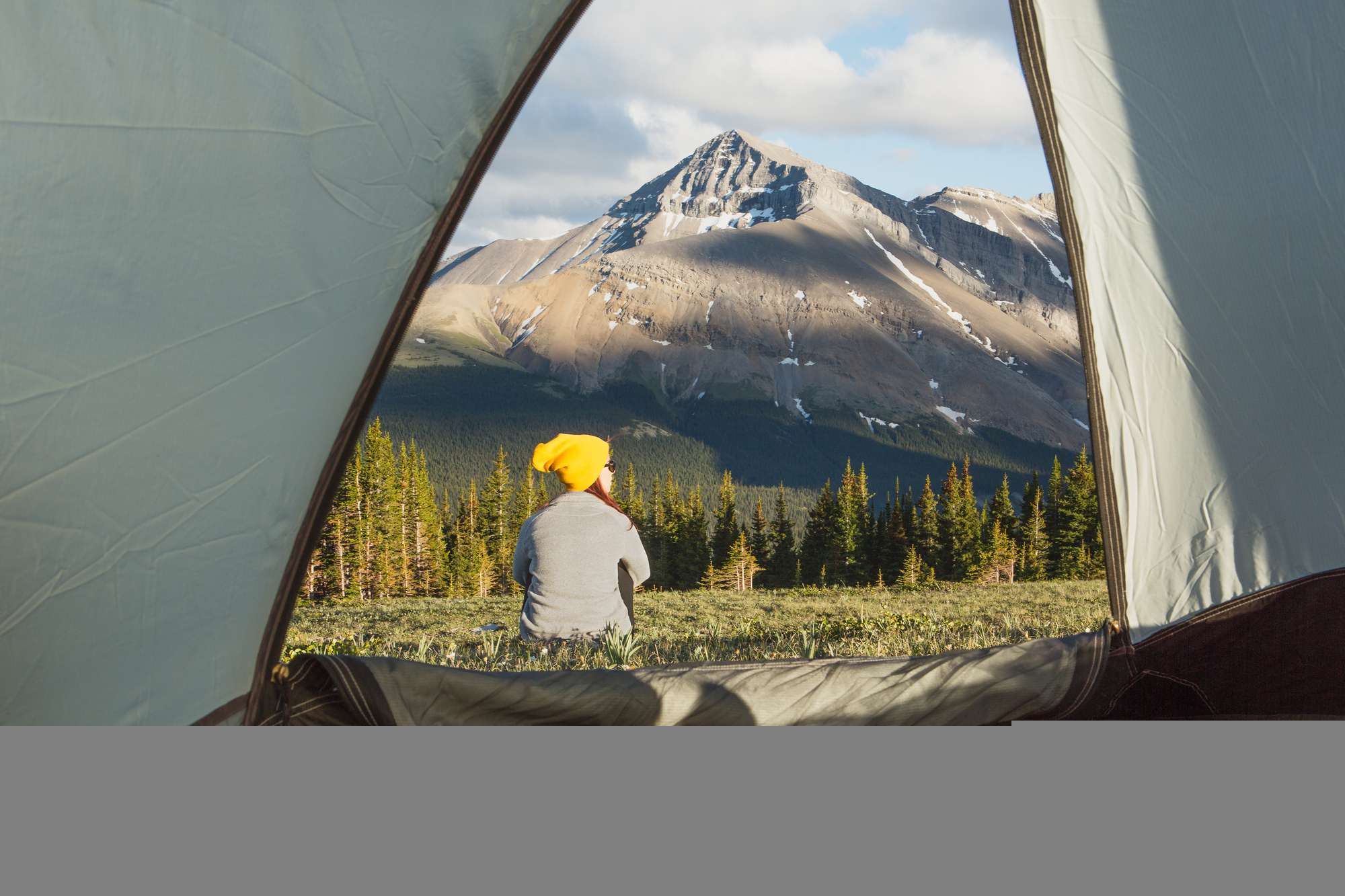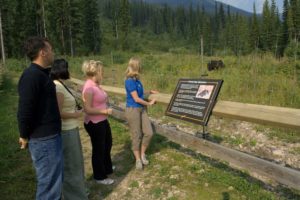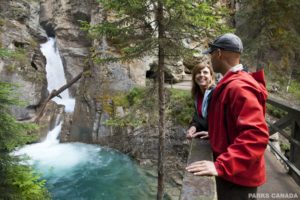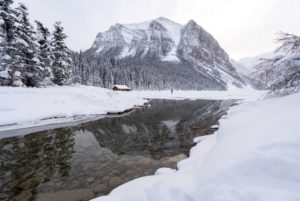Camping might sound like a lot of fun, but it’s not something to take lightly. You will be away from home, after all, in the middle of nature, where there are no power outlets to charge your phone, no mobile broadband to check out the latest online gambling info, and no Chinese takeout to order when you get hungry. So you’d better be prepared for the lack of all things civilized during a camping trip in the mountains. Here’s how.
Step 1: Set up a first aid kit
Think about who is going to join you on your trip, and prepare with all the prescription meds they might need. Make sure to pack enough generics – painkillers, antiemetics, possibly antihistamines and their likes – for a few days. Make sure to pack a thermometer, bandages, scissors, disinfectant, and whatever else you might need on the mountain. (You can buy equipped first aid kids in most supermarkets).
This is the perfect time to consider your personal hygiene needs, too. Razor, toothpaste, sunblock and dry shampoo can go right into the same bag.
Step 2: Consider the food
Because you are not likely to rely on foraging, hunting and fishing while away. Stay away from perishables – choose dried or canned goods instead. Calculate three meals and an optional snack per person for each day you plan to spend camping.
As a general rule, avoid dairy and fresh meat – they go bad quickly, and if you eat them anyway, they make you sick.
Step 3: Consider the water
If your campground has a natural spring around, it can take care of your water needs – just make sure you have a way to purify it before drinking. If it doesn’t, you have to take water with you on the trip. An average adult needs between 0.5 and 0.8 gallons of water a day, not counting the quantity you’ll use for cooking and washing up.
Step 4: Clothes, shoes, entertainment
Pack enough clothes to last you throughout your trip. But don’t overdo it – only take what’s necessary. Be sure to pack waterproof clothing – rain might come whenever you least expect it. Be prepared for cold, too. When camping in the mountains, cold spells can come as quickly as summer showers. But don’t pack all the closet – most of the clothes you take will get home untouched anyway.
Step 5: Don’t forget the garbage bags!
It’s most important that you leave your campsite clean, free of any residue. While you can burn harmless garbage like paper, potato peels and fruit kernels, burning plastic will only do harm to the environment. Gather all your garbage before leaving, and take it to the closest trash can on your way home.





